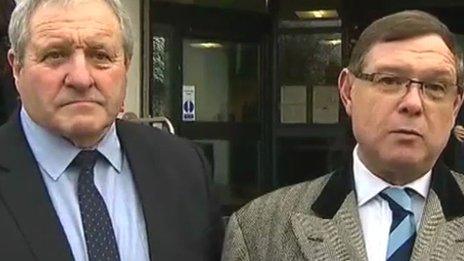Lynette White corruption trial 'errors but no wrong doing'
- Published
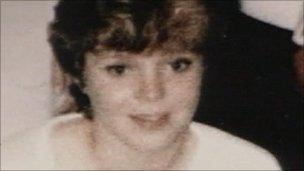
The inquiry into Lynette White's murder led to the wrongful conviction of three Cardiff men
The collapse of a police corruption trial over a notorious murder case was caused by mistakes but not deliberate wrong-doing, a review has found.
Lynette White was stabbed more than 50 times on 1988 in the Cardiff docklands flat where she worked as a prostitute.
The wrongful conviction of three men later led to the failed 2011 police corruption case at Swansea Crown Court.
The Independent Police Complaints Commission said the mistakes before the collapse should not be punished.
The Swansea trial which collapsed in December 2011 was Britain's biggest police corruption case, costing an estimated £30m.
The prosecution of eight former police officers and two others was halted when the court was told certain documents had been destroyed by the police.
The officers involved in the original murder investigation all denied conspiracy to pervert the course of justice.
Lynette White, 20, was murdered on St Valentine's Day 1988 at the flat in Butetown, where she took clients.
Tony Paris, Yusef Abdullahi and Stephen Miller - who became known as the Cardiff Three - were wrongly jailed for life in 1990 for the murder and freed in 1992 after their convictions were quashed.
In 2003 new DNA technology led South Wales Police to Ms White's real killer - Jeffrey Gafoor. He confessed to stabbing her in a row over £30.
A year later, the IPCC began an inquiry to establish what went wrong with the original investigation into the murder.
In 2005, former police officers were arrested and questioned on suspicion of false imprisonment, conspiracy to pervert the course of justice and misconduct in public office.
Some 800,000 pages of documents gathered over 25 years were involved in the case.
But the 2011 prosecution collapsed after the court was told four files had been destroyed.
No further evidence was offered against the former officers or the police civilian staff.
Two months later the files were discovered in the possession of police.
Two reports have been published into the collapse of the trial.
Tony Paris said there should be inquiry into what caused the case to collapse
Neither the Independent Police Complaints Commission (IPCC) or HM Crown Prosecution Service Inspectorate found any evidence of deliberate wrongdoing.
The missing documents were later discovered by the senior investigating officer, Det Ch Supt Christopher Coutts.
The IPCC concluded mistakes were made by officers handling the documents but these did not warrant formal misconduct hearings.
Commissioner Sarah Green said: "I have concluded on the balance of probabilities that no instruction was ever given by the senior investigating officer, or any other officer, to destroy the documents.
"In fact, the finding of these documents proves the veracity of the officers' accounts that the documents had not been destroyed.
"However, mistakes were made by individual officers in relation to the receipt, recording and storage of the documents which meant that the documents could not easily be located.
'Good faith'
"I have concluded that these mistakes should be considered performance issues and I have recommended that three officers should receive management action regarding proper disclosure processes.
"However, I agreed in the circumstances - including that these mistakes were made in the context of the volume of over 800,000 pages of documents required to be processed - that they did not warrant formal misconduct proceedings."
The Director of Public Prosecutions said that the case has led to fundamental reforms of the way the Crown Prosecution Service handles the disclosure of documents.
South Wales Police Chief Constable Peter Vaughan said: "It is clear from the reports that there was no misconduct on the part of officers and prosecutors, who acting in good faith made errors which reflected the wider challenges the prosecution team had faced from the outset."
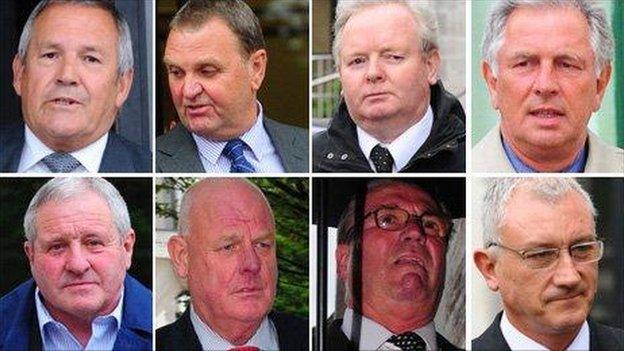
The former police officers all denied conspiracy to pervert the course of justice before the case was dropped
- Published14 June 2016
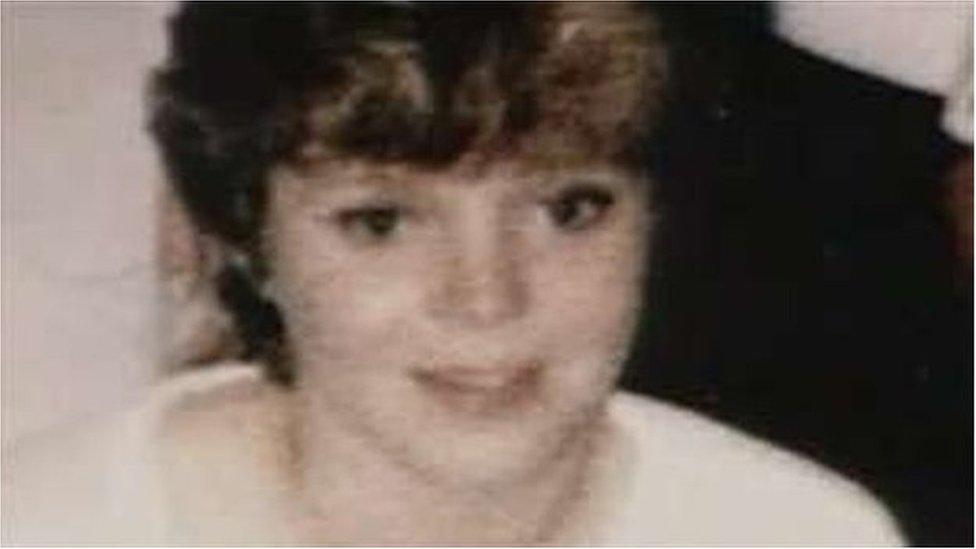
- Published30 November 2012
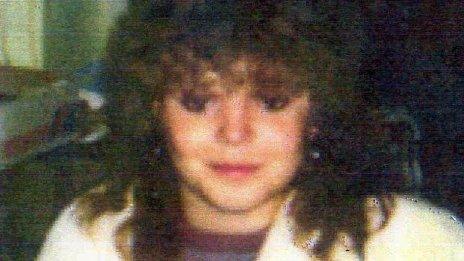
- Published27 January 2012

- Published1 December 2011
